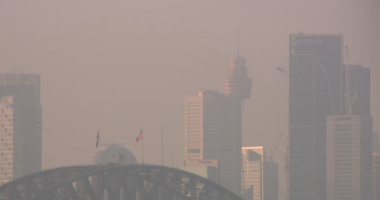Share this @internewscast.com
Trump’s pressure on Israel could help the two sides come to a deal, but even in its severely weakened state Hamas is likely to push for demands on the future governance of Gaza that could kill a deal, experts say.

Thousands of Palestinian families have been forced to flee to the al-Mawasi area of the southern city of Khan Younis due to Israeli attacks on the Gaza Strip. Civilians in the area are hoping for a possible ceasefire between Israel and Hamas in the coming days in order to return to their cities. Source: Getty / Abed Rahim Khatib
Trump said last week Israel had agreed to the “necessary conditions” to finalise a 60-day ceasefire in Gaza, and that Qatar and Egypt — both have helped broker ceasefire efforts — would deliver the final proposal. Hamas said it has responded in “a positive spirit” to the proposal but many significant hurdles will need to be cleared before the ceasefire could actually be implemented.
Here’s what we know about the current round of ceasefire talks being held in the Qatari capital Doha.
What’s different this time around?
“Hamas is weaker than ever — they’re isolated, encircled. They have no friends in the world any more. Hezbollah is very weak in Lebanon and Iran is no longer able to support them.”
“The question is, if it doesn’t address the core issues, will it actually be sustainable in the medium to long term?”
What’s blocking a ceasefire deal?
Another significant block in the negotiation process, Porat said, is Israel’s insistence that it controls what it calls “the perimeter” — a roughly 1.5km-wide buffer zone on the Gaza side of the Israel-Gaza border that Israeli forces have cleared. Hamas has zero presence there.

Protesters in Tel Aviv have been demanding a ceasefire in Gaza and the release of all hostages held by Hamas Source: Getty / Anadolu via Getty Images
Similarly, Hamas will likely want its leaders to be kept alive and allowed to leave Gaza once a ceasefire is declared, he said.
“I think it is very unlikely that we’re going to see a resolution, even if we see a more short-term cessation of hostilities agreed to.”











